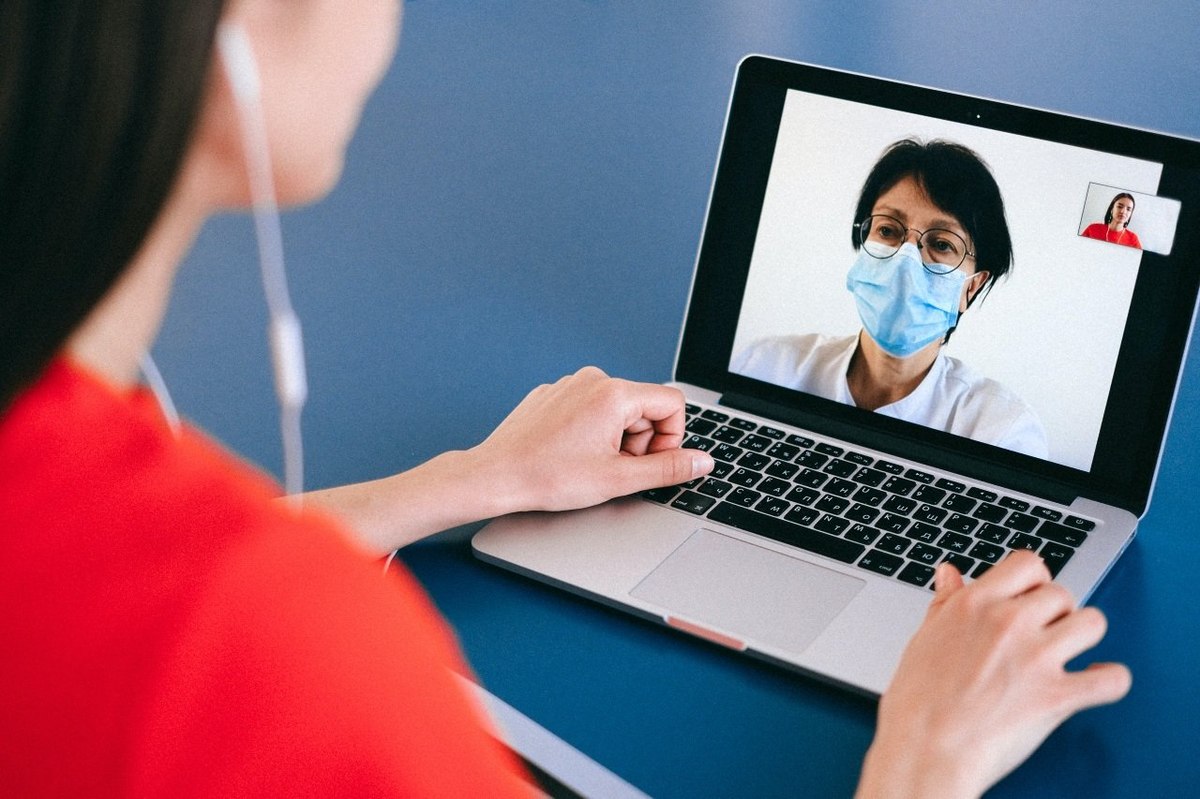
Global: Have consumers become more comfortable with online doctor consultations?
Along with purchasing medication, the pandemic also shifted doctor consultations online. But while 46% of global consumers say they prefer buying over-the-counter medicines in person, how do they feel about discussing their health concerns virtually?
According to year-over-year trended data from a global YouGov poll – conducted in 17 markets in 2021, and 18 markets in 2022 – nearly two in ten global respondents are much more comfortable discussing their health concerns virtually with their doctor or nurse practitioner (19%), almost twice as many as last year (10%). However, discomfort with having these discussions over the phone or internet has also increased among global respondents – from 16% in 2021 to 21% in 2022.
Polling data shows that most countries in the west echo similar opinions as global respondents. An increased share of Americans are much more comfortable with virtual consultations now (18%) than a year ago (12%). But the proportion of Americans who say they are considerably less comfortable also increases significantly (14% vs. 20%).
Consumers in the European region are increasingly ‘much more comfortable’ with online consultations but at the same time, the proportion of people who are ‘much less comfortable’ has also gone up. The proportion of Britons who are less comfortable has almost doubled (17% in 2021 vs. 33% in 2022), revealing a steep increase, and one of the highest of all markets after Italy (16% vs. 33%). This may be because some patients feel that, with in-real-life appointments increasingly difficult to get hold of, that they are being forced down the phone or internet routes, rather than choosing to pursue them.
Around two in ten consumers in India (22%) and UAE (20%) were very comfortable discussing their health concerns with their doctor or nurse practitioner on the phone or internet, with the proportion saying this rising over the past year (36% each), the highest of all markets.
Age seems to be factor in comfort levels with online health consultations. Globally 49% of 18-24-year-olds say they’re more comfortable than last year compared to 30% of those 55 and above. However, while a few individual markets follow the same path – GB (29% of 18-24-year-old vs. 17% of 55+) – older consumers in other markets are not shying away from digital consults – US (41% of 18-24-year-old vs. 43% of 55+).
Explore our living data – for free
To receive monthly insights about travel and tourism register here.
To read YouGov’s latest intelligence on the travel industry explore here.
Get quick survey results from nationally representative or targeted audiences using YouGov RealTime Omnibus
Make smarter business decisions with better intelligence. Understand exactly what your audience is thinking by leveraging our panel of 20 million+ members. Speak with us today.
2022 Methodology: YouGov RealTime Omnibus provides quick survey results from nationally representative or targeted audiences in multiple markets. The latest data is based on the interviews of adults aged 18 and over in 18 markets with sample sizes varying between 513 and 2,008 for each market. All interviews were conducted online in August 2022. Data from each market uses a nationally representative sample apart from Mexico and India, which use urban representative samples, and Indonesia and Hong Kong, which use online representative samples. Learn more about YouGov RealTime Omnibus.
2021 Methodology: YouGov RealTime Omnibus provides quick survey results from nationally representative or targeted audiences in multiple markets. The data is based on the interviews of adults aged 18 and over in 17 markets with sample sizes varying between 508 to 2,002 for each market. All interviews were conducted online in April 2021. Data from each market uses a nationally representative sample apart from Mexico and India, which use urban representative samples, and Indonesia and Hong Kong, which use online representative samples. Learn more about YouGov RealTime Omnibus.